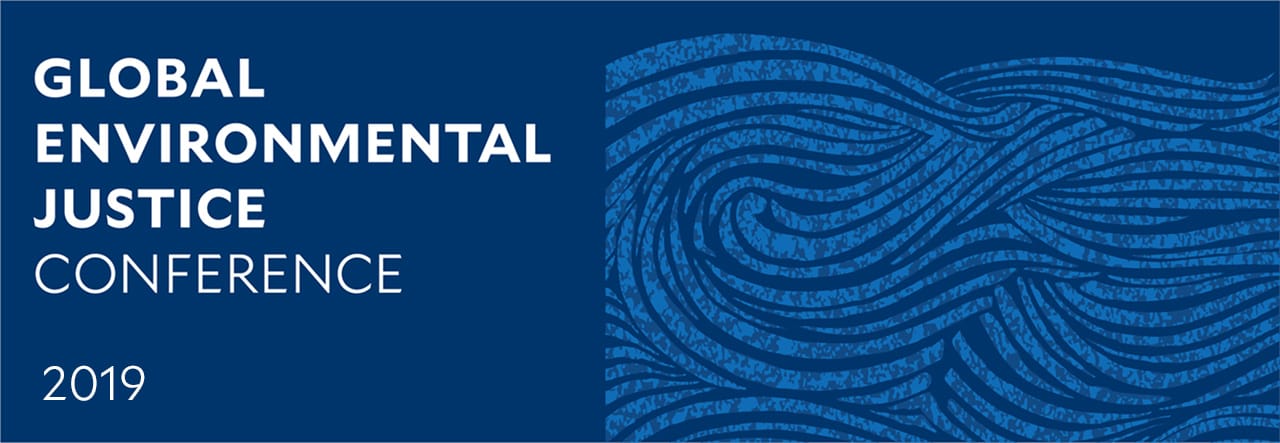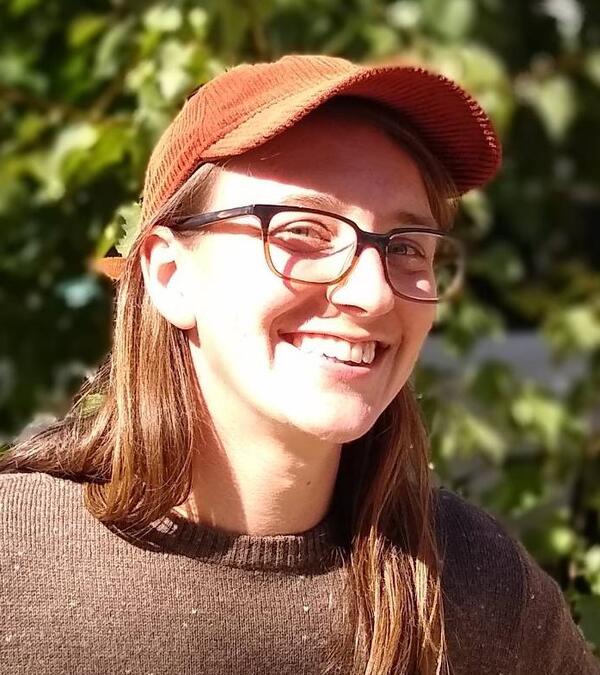Poster Sessions
Urban Environments
Posters
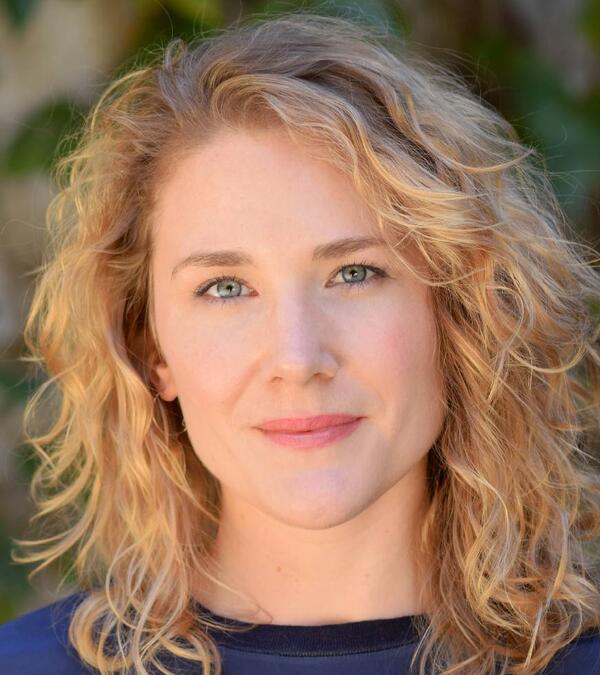
I study the relationships between environmental policies, including responses to climate change, and racial discrimination. My dissertation examines the debate about climate change gentrification in Miami - the charge that developers now covet the city’s historically Black communities because they are located on high ground relatively far form the shoreline. I show that this debate is not new: elites have mobilizing environmental arguments to justify the displacement of Black communities since the city’s inception.

Parks are an important element associated with physical activity level, human health, and well-being. Further, parks can provide health benefits through its cooling effect of urban heat stress (e.g., Urban Heat Island Effect) and mitigation of air pollution. Although the focus of parks in health studies has emerged strongly over the last two decades, little is known for the environmental inequity resulting from variations in urban parks by socio-economic status especially in Asian countries.
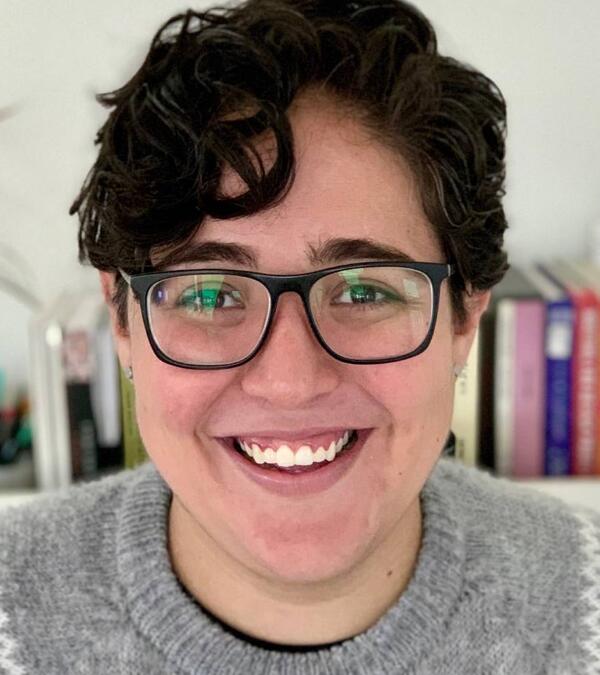
Deni studied Architecture at the National Autonomous University of Mexico, where she graduated with a merit diploma. She holds two master’s degrees from Harvard University: the first in Design Studies, with a concentration in Risk and Resilience, and the second in Architecture in Urban Design. During her undergraduate studies, she was part of the first Mexican team to participate in the Solar Decathlon Europe, held in Versailles, France.
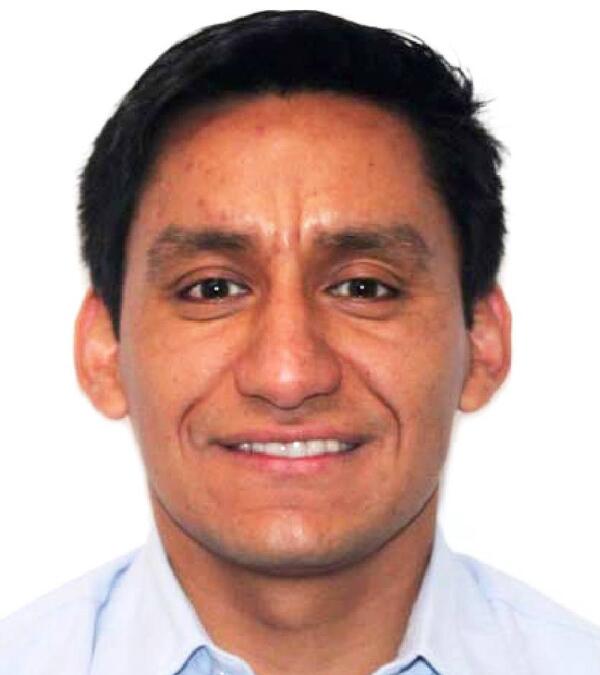
This research seeks to theorize, document, and highlight alternative elements of adaptation made by local residents by inhabiting weak grounds, categorized as wet, waste, and steep grounds. This research project calls attention to new narratives in the understanding of self-built settlements in the intersection among tectonic substructures, vulnerabilities of those grounds, environmental justice, and the adaptation responses of people in their built environments.

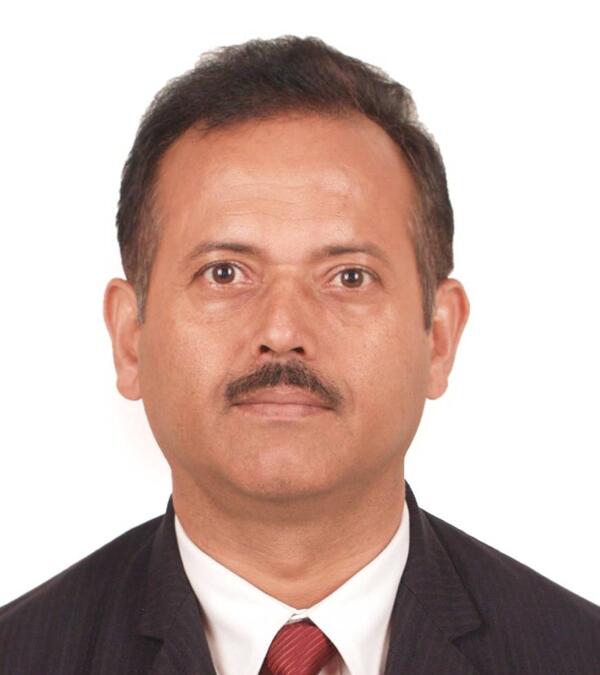
My dissertation is on environmental citizenship of resettled refugees in the US. The refugees have faced various environmental challenges of resettlement having come from completely different physical, socio-economic and cultural environment. In addition, resettlement assistance is bare minimum and often they live in cheap and old housings, crime ridden areas and face various forms of discrimination and harassment. Their life as refugees also relates to extreme forms of environmental injustice.
Type of work: Abstract
Land and Sea Dispossession
Third Floor, Kroon Hall
Posters
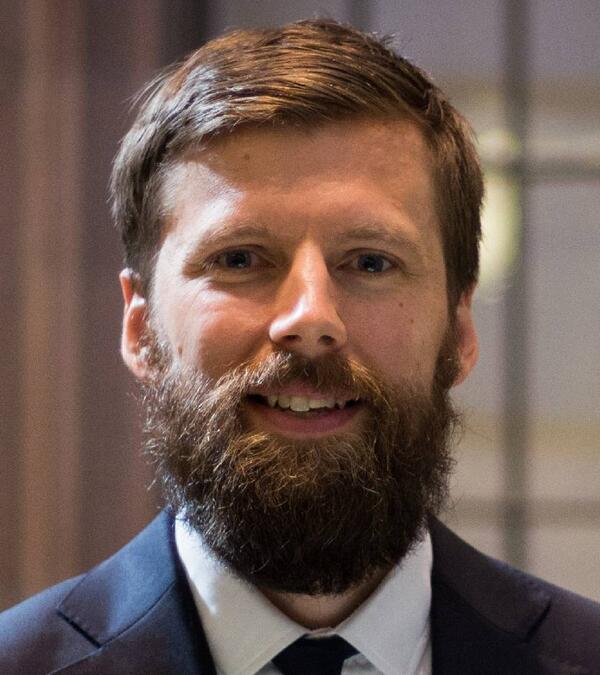
My research focuses on economic development, property rights, the environment, and ethnic identity. I am interested in how the local-level institutions of customary communities in Africa help to explain broad patterns of property rights change, land use, the political salience of identity, and how communities respond to resource booms. My dissertation examines the social costs associated with property rights change, the community-level coordination dynamics that influence this change, and the tactics landholders employ to defend their land rights.

I am interested in the intersection of humans and nature and how conservation initiatives reorient this nexus. My current work connects to environmental justice issues because it explores how neoliberal conservation practices can lead to the re-appropriation of nature based on Western ideals, which may lead to the marginalization of local people and the dispossession of their autonomy over their environment and natural resources.
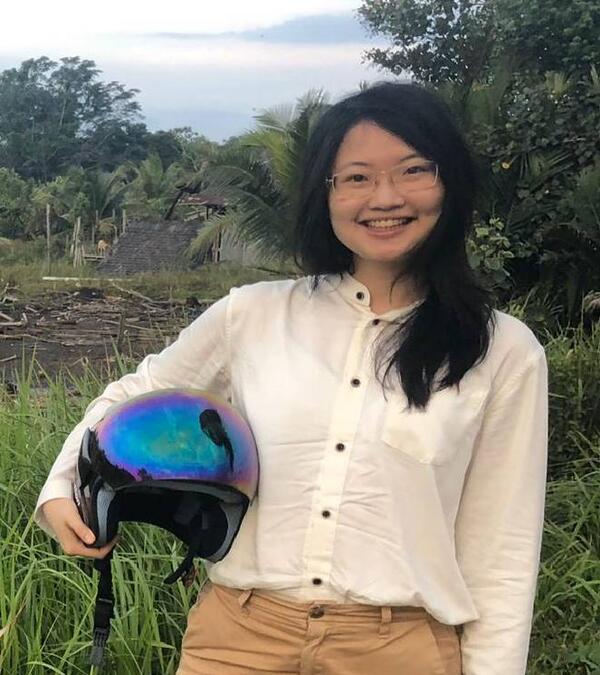
Type of work: Abstract
Human Health and the Environment
Third Floor, Kroon Hall
Posters
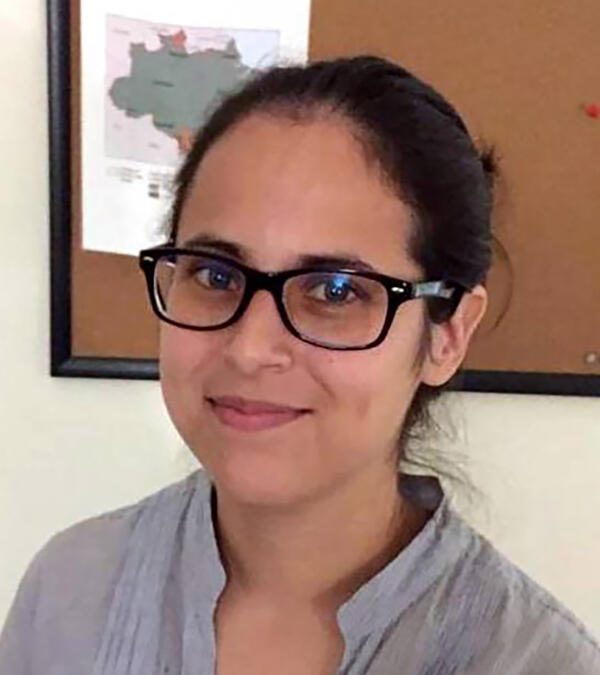
Type of work: Abstract
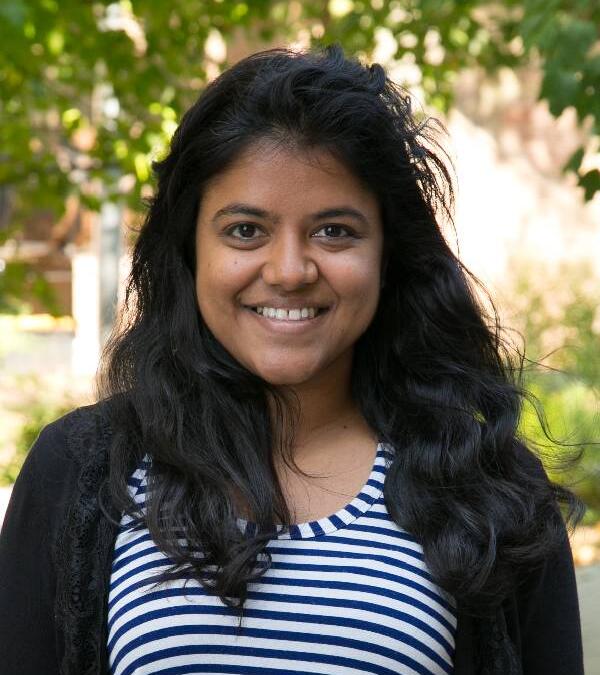
My research focuses on differential health impacts of environmental exposures in urban poor communities, across different dimensions of vulnerability. I believe that EJ issues can be approached from a variety of perspectives - both by identifying hotspots of risk to environmental exposure and risk differentials based on race/ethnicity, SES, or other vulnerabilities; or also focusing on health outcomes that disproportionately impact vulnerable communities.
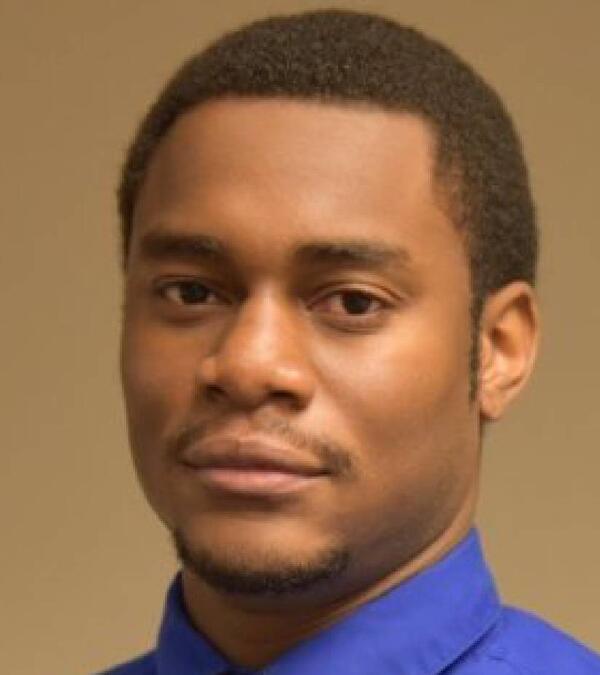
Globally, climate change (CC) has emerged as potentially THE GREATEST existential threat to our environment and collective health. While accounting for less than 1% of the world’s GHG emissions, few regions have experienced the effects of CC more than the Caribbean. Faced with elevated risks of increasingly intense storms, higher incidence of vector-borne diseases, more prolonged droughts and less food security, the places and peoples of the Caribbean are charged with building resilience.
Environmental Justice in Practice
Third Floor, Kroon Hall
Posters

As a staff attorney in the housing unit at New Haven Legal Assistance Association (NHLAA), I work with my colleagues to fight health disparities that arise due to housing conditions that exist in the rental housing stock in which low-income New Haven residents live, including mold and lead-based paint. These health hazards in the built environment cause serious harms to health, often with life-long impacts.
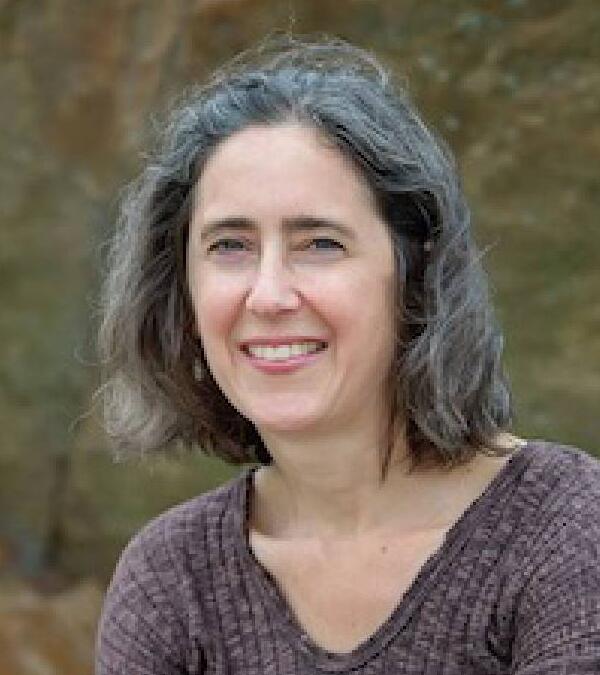
I work with the Environmental Health Project (EHP), a Southwest Pennsylvania-based organization established to investigate and respond to the public health consequences of shale gas and oil development (fracking and related activities). Fracking communities are exposed to dangerous air contaminants as well as the risk of water contamination both of which can and do cause health impacts. The disparity in power between gas and oil companies and poor communities is enormous.
People and Partners
Yale School of the Environment
Kroon Hall
195 Prospect Street
New Haven, CT 06511
Email: ycej@yale.edu

